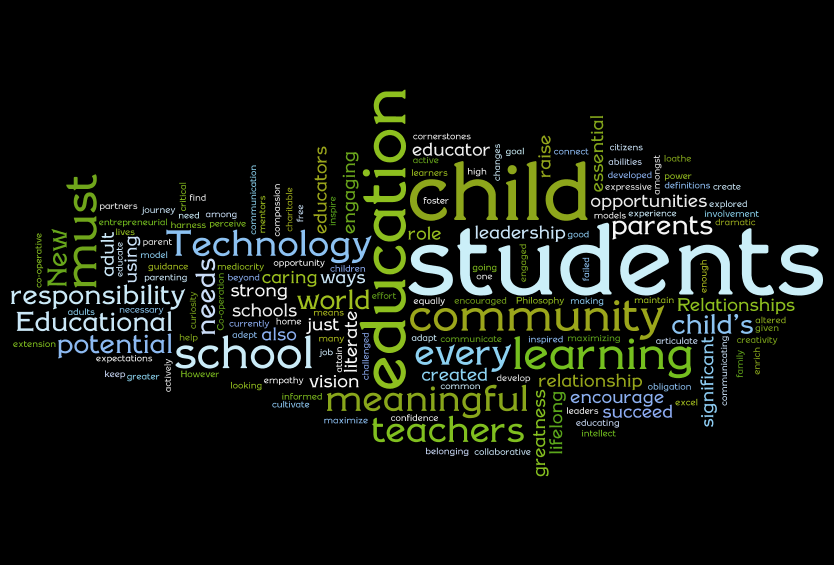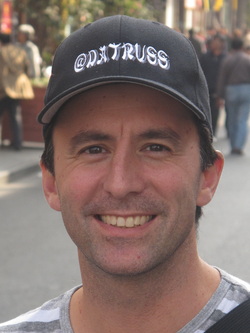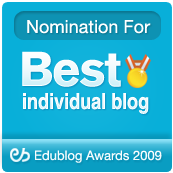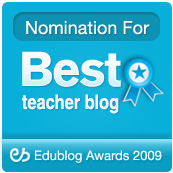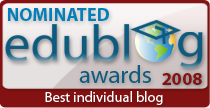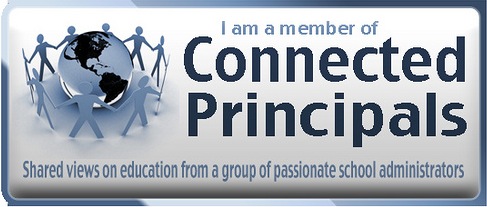Who am I?
A husband, a parent…
An educator, a student…
A thinker, a dreamer…
An agent of change.
Think Good Thoughts, Say Good Words, Do Good Deeds.
- – - – -
I’m a Canadian living in Dalian, China. I am a principal of a Pre-K to Grade 9 Foreign Nationals School, my wife teaches at the school and my two kids are students there.
Please check out the sidebars on the right for some recent posts and some of the more popular post here on Pairadimes.
Feel free to Contact Me with questions or feedback.
- – - – -
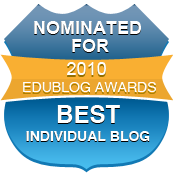
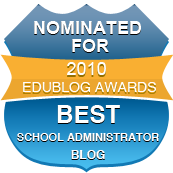
Contact information
Blog: Pair-a-Dimes for Your Thoughts
Web: DavidTruss.com – Presentations – CV
Contact: David Truss
Twitter: @datruss LinkedIn: Dave Truss
Other places that I can be found online.
A little more about me:
I have two blogs right now that I am using to chronicle who I am and what I do as an educator:
My Pair-A-Dimes for Your Thoughts, this blog, has a philosophical bent to it. My thoughts on education, learning and technology.
My Daily-Ink
is where I try to write something daily, but tends to be far less
frequent than that. Random thoughts and ideas inspired by daily life,
and often relating to education.
Other, older sites include: My Practic-All blog on WordPress which was more pragmatic, and included my 2008 Digital Magic Newsletter, which I created for my staff at the time. And you need to go to the Internet Archive to see the humble beginnings of this blog, where it started on elgg & then was moved to eduspaces, before I brought it here to DavidTruss.com.
- – - – -
LEADERS of TOMORROW are in our classrooms TODAY!
Student Leadership is a passion of mine. One of my favourite quotes, that I borrow from a good friend and mentor, Dave is “I teach leadership not followship”. This has a lot to do with Servant Leadership and being socially responsible citizens of the school, and the world. If you work with student leaders, check out the page about my Master’s Paper on Developing a Student Leadership Program with links to many related resources.
Please contact me if you have any questions. Dave.
Statement of Educational Philosophy
The goal of education is to enrich the lives of students while producing articulate, expressive thinkers and lifelong learners, who are socially responsible, resilient, and active citizens of the world. Education is about teaching students, not subjects. It is about engaging students in their learning, and maximizing the potential of each and every child. Education is about looking beyond the child’s intellect, and seeing the whole child. Education is about providing students with opportunities to be challenged and still succeed.
Education is currently going through some dramatic changes. Technology has altered the way teachers, and students, communicate with and amongst themselves, as well as with the greater community, and with the world. New ways of communicating and sharing learning are being developed and explored. There needs to be a transformation from using technology in schools to using technology for learning. Teachers have to adapt, and be adept at making a students’ learning experience both meaningful and engaging. Teachers also need to recognize that technology has created new needs and new definitions of what it means to be literate in today’s world. However, just being literate is not enough, students must develop their curiosity, creativity, communication skills and critical thinking.
Teachers and school leaders have a responsibility to be mentors and role models to students. We have a responsibility to cultivate a sense of community and belonging. The quote, “It takes a village to raise a child”, rings true in so many ways. Education is a collaborative effort that needs leadership and a strong vision. Co-operation among all stakeholders is essential. A community is an essential extension of a school. Relationships between a school and its’ community, whether educational, entrepreneurial, co-operative or charitable, should not just be encouraged but pursued.
We must value and foster relationships with parents and family. The power of having all significant adults working together to raise a child cannot be underestimated. No one understands more than an educator how valuable parent involvement is in successfully educating a child. It is vital to keep parents, our partners, informed and actively engaged in their child’s education. But all parents are not created equally, so we also have a responsibility to educate and inspire good parenting within our community. And for those children who do not have a significant adult role model at home, we have an obligation to create opportunities for our educators to provide caring guidance. Every child that cannot find an adult to connect with in a school is a child we have failed, and every child we have provided a meaningful relationship with is a success to be relished. Caring, compassion and empathy are cornerstones to a meaningful educational relationship.
Schools with a strong leadership team, that encourage a meaningful, common vision, can help students perceive learning as a lifelong journey. In doing so, a school must encourage greatness and loathe mediocrity. Educators must maintain high expectations and strive to see students excel. Students must be given the opportunity to maximize their potential and they should be inspired to do so. Every child has the potential to attain greatness! The job of an educator is to harness a child’s abilities and set them free with the confidence and the necessary toolbox to succeed.
———-
Originally written in 2004, with the 2nd paragraph added in 2006.
Comments are welcome on my blog post about this: statement of educational philosophy.
———-
Other related posts:
Learning Conversations: Not the Knowing, but the Process of Inquiry…
School 2.0 Participant’s Manifesto: When I enter the learning space I will…
Hargreaves and the 4th Way [Part 2]: “Responsibility before Accountability.”
Shifting Education: Be the lead learner.
———-
A Wordle of My Statement:
